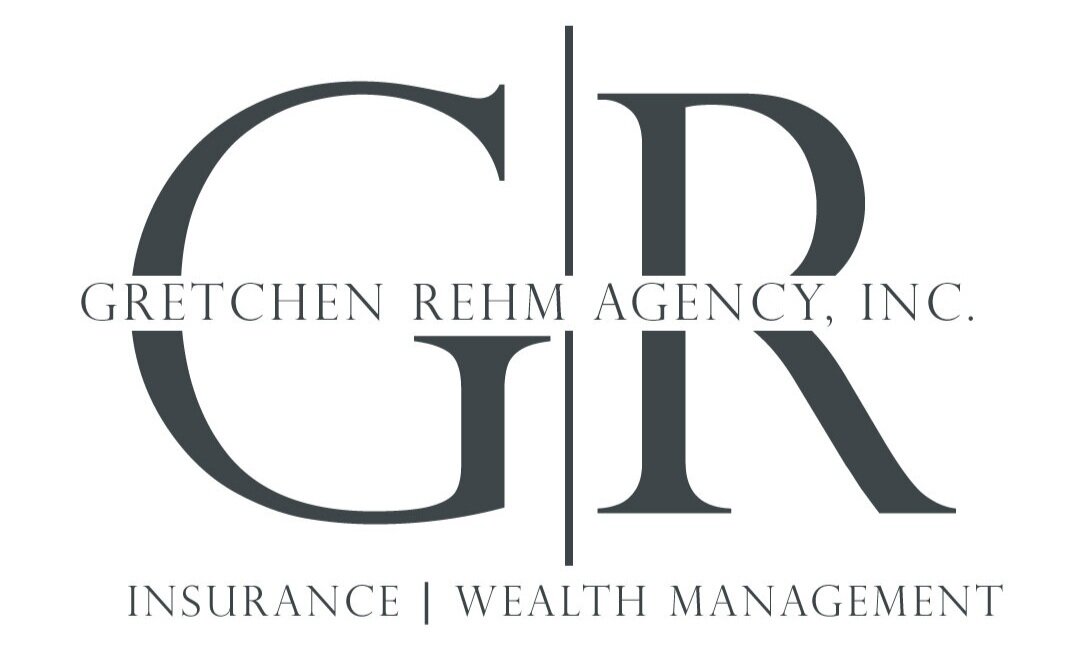How to Choose the Right Risk Profile for Your Investments
When investing, you want to be sure your money works for you. But to determine what that means, you must answer a few personalized questions. Sitting with your financial advisor is often the best way to understand how the answers to those questions will affect you and your financial future.
Each client I work with is different, with unique goals and dreams. Reaching their “finish line” takes unique paths, which I can help them navigate. One of the topics I review with every client is “risk tolerance.” What does that mean? Let’s break it down.
All investment entails inherent risk. Statements made herein include information obtained from sources believed to be reliable, but no independent verification has been made, and we do not guarantee accuracy or completeness. The Statements made herein contain general information and do not constitute an offer to buy or sell any specific security. If you would like additional information, please email or call your financial advisor, or visit our website at www.lincolninvestment.com.
What Is Risk Tolerance?
Investopedia has a great definition: “Risk tolerance is the degree of risk that an investor is willing to endure given the volatility in the value of an investment. An important component in investing, risk tolerance often determines the type and amount of investments that an individual chooses.”
All investing comes with risk, and sometimes, the markets, products, or services we put our money into don’t produce the dollar signs we had hoped for in a given time. When this happens, an investor can lose some of their money. Just how much you are willing to lose is your risk tolerance.
How to Determine Your Risk Tolerance
To know where that measurement rests for you, you will need to evaluate your financial circumstances. You will want to work hand-in-hand with your trusted advisor to determine precisely where you should fall; however, some of the common questions you will want to review include:
Age
Income
Investment goals
Time frame
Those who want a low-risk tolerance will invest in “sure thing” products, such as guaranteed return rates. On the contrary, if you have a high-risk tolerance, you are willing to wager more of your income, you may be willing to invest in riskier, less “for sure” returns. Higher risk, sometimes, can come with higher rewards. However, you should consult your advisor to discuss your goals and how your circumstances affect your risk tolerance decision
It is common in retirement investing, for example, for people to take on higher risks early in their careers. Being decades from retirement means you have time to recover any losses.
Conversely, as you approach near-retirement years, you commonly want to secure your savings and reduce your risk, as you will have less time to recover deficits.
Balancing Risk and Return in Your Investment Portfolio
When it comes time to create (or even update, which I recommend you review annually) your full financial portfolio, most people prefer to strike a solid balance in products and investments. Stocks and bonds can be an option, but shorter-term Certificates of Deposit (CDs) may also work well. Some prefer the perks of an IRA or Roth IRA, while others may want to put money into Futures.
At the end of the day, the age-old phrase “Don’t put all of your eggs into one basket” comes to mind. No matter your risk tolerance, having a diversified portfolio means investing in several ways with various products, time frames, and options. This means that should one stock plummet unexpectedly or the market turns in an unusual way (i.e., a basket is “dropped”), you aren’t left “without your eggs.” Selecting many “baskets” makes your strategy sound and your funds safer.
There is no assurance that a diversified portfolio will produce better returns than an undiversified portfolio, nor does diversification assure against market loss. A plan of regular investing does not assure a profit or protect against loss in a declining market. You should consider your financial ability to continue your purchase through periods of fluctuating price levels.
Make an Appointment Today
Like many aspects of financial planning, answers to your tough questions often do not come with a “one-size-fits-all” response. Instead, finances are a very personal and unique part of life. How you handle your money, what you aim to do with it, how much you are willing to risk, and how long you have to invest can all weigh in on your unique approach.
The best suggestion when determining your risk tolerance is to make an appointment with me. You can even book online right here. We can sit together to answer those personal questions, determine how you want to take on investing and create a plan to help you meet your financial goal
The first step is often the toughest, so make your appointment today. Call (507) 304-7017 to start your journey!
The views and opinions expressed herein are those of the author(s) noted and may or may not represent the views of Capital Analysts or Lincoln Investment. The material presented is provided for informational purposes only. Nothing contained herein should be construed as a recommendation to buy or sell any securities. As with all investments, past performance is no guarantee of future results. No person or system can predict the market. All investments are subject to risk, including the risk of principal loss. Diversification does not guarantee a profit or protect against a loss. Investors cannot invest directly in an index.

